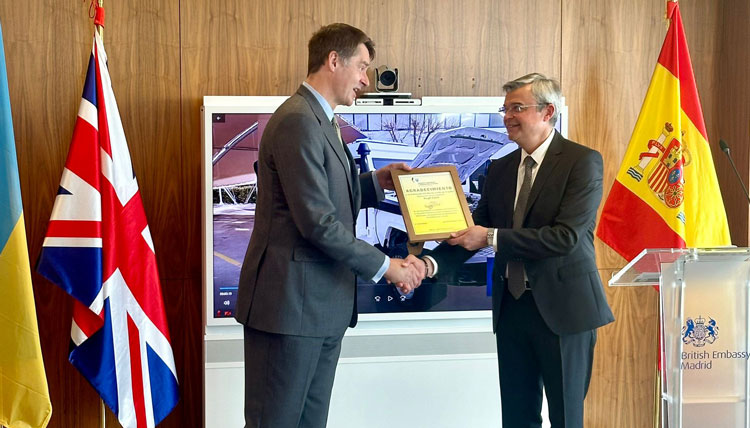Pedro González
Journalist
Arresting and imprisoning more than 75,000 people in a country like El Salvador, similar in size to the province of Seville, is equivalent to putting one in every 700 of its population behind bars. In the space of five years of President Nayib Bukele’s first term in office, El Salvador has gone from being the country with the highest number of homicides on the American continent to being the safest country on the continent as a result of his mano dura (iron fist) policy of stick and stiff upper lip.
To achieve this, the young president, 42 years old, has followed the maxim “for great evils, great remedies”, which translated into practice means the disappearance of a large part of the guarantees enjoyed by all citizens in a democratic regime.
Lack of respect for human rights in the name of security
This lack of respect for human rights was implicit in all the measures announced successively by the president to Salvadorans, who were fed up with both party corruption and crime that had become unbearable. Bukele promised to put an end to both scourges, while also making it clear that he would not shy away from weighing and weighing freedom and security.
His record in this regard is so excellent that the 5.5 million voters have given him almost unanimous backing, so much so that only two seats out of 60 in parliament have resisted him, composing a legislative hemicycle worthy of the most veteran dictatorships.
Absolute power
New Ideas, his party, has turned El Salvador into an almost one-party country, where the president has become a monopoliser of absolute power. Bukele, through pre-election interviews and the first proclamations announcing his landslide victory, has come to recognise that for him the democracy that the country has known since the end of the bloody civil war is now a thing of the past. He will continue with his policy of results “because it is what the people want”, and is backed by an overwhelming support of close to 90% of the vote. And even to those who want to observe propensities and similarities with a possible drift similar to that of Venezuelan chavismo-madurismo, Bukele has been quick to outline a programme, according to which the main priority, once citizens’ security has been achieved, will be to boost their prosperity, as this is not burdened by the harassment and permanent extortion of gangs and organised crime.
Bukele’s popularity has not only crossed the borders of the Central American country he governs, but is being watched closely throughout Latin America and now also in Europe and Asia. His Ecuadorian counterpart, Daniel Noboa, has no qualms in admitting that he is going to imitate Bukele’s model, arguing that, as in El Salvador, the Ecuadorian people are fed up with the spiral of violence and insecurity that has multiplied robberies, kidnappings and murders, and consequently massive emigration.
It is thus a model of result-oriented democracy, which Daniel Innenarity defines as the “legitimacy of the result”. Bukele, whose Palestinian blood runs through his veins, as his ancestors emigrated with the outbreak of World War I, has twisted the interpretation of the Constitution, in which several articles expressly prohibit re-election. But there is nothing that like-minded magistrates cannot reinterpret to their liking, and Bukele now knows that there will not be a single voice in the so-called international community that dares to question the legitimacy of his power.
The Salvadoran people are happy with the loss of citizens’ freedoms in exchange for their security. Now, for example, the police can detain any citizen on mere suspicion. This is clearly the main lurking danger. History is full of examples demonstrating the maxim that power corrupts, and too much power corrupts too much. The totalitarian temptation will be latent in a president who has sent to the attic the two major parties that until now have shared seats and perks: the right-wing Arena and the left-wing FMLN, once the protagonists of the (in)civil war that bloodied the country. Bukele will enjoy a new five-year mandate, but it would be very strange if he did not aspire to eternalise himself, self-convinced of his great mission.
In the same way that the Castro dictatorship impregnated the entire American continent with its doctrine and convinced European intellectuals with its reveries, Bukele could lead a political and social experiment of a different kind. However, in both cases there is a common denominator: the loss of freedom, even if in El Salvador’s case it is voluntarily and largely accepted by the people. This is yet another practical chapter in a debate that has been going on for a long time, that of the conjugation of two terms – freedom and security – which, except in the most consolidated democracies, always ends up falling on the same side.
© Atalayar / All rights reserved






